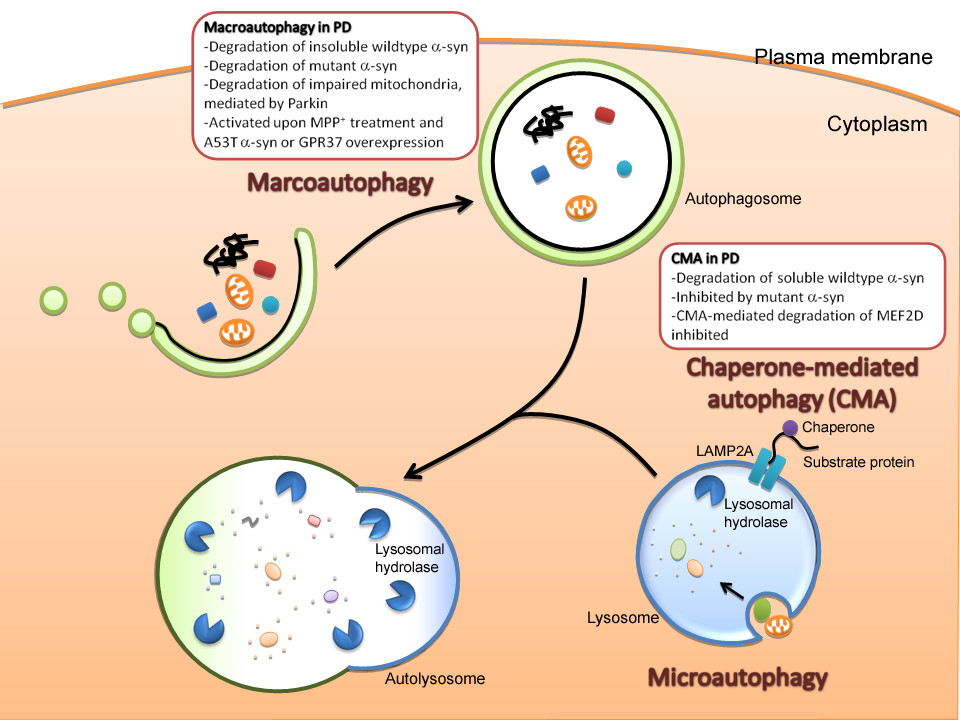2016 Nobel Prize in Physiology or Medicine: The Science of Cellular Recycling
4 Outubro 2016
The 2016 Nobel Prize in Physiology or Medicine recognized Yoshinori Ohsumi for his groundbreaking discoveries on autophagy, a fundamental process by which cells degrade and recycle their own components. Ohsumi’s research in yeast revealed the genetic and molecular mechanisms that allow cells to maintain homeostasis, adapt to stress, and remove damaged organelles or proteins.
Autophagy, literally “self-eating,” is now known to play a crucial role in development, immunity, and the prevention of diseases such as cancer and neurodegeneration. Ohsumi’s patient and innovative experiments established a new field in cell biology, demonstrating how basic research can illuminate universal principles of life.
His career trajectory, marked by perseverance and curiosity, highlights the value of exploring uncharted scientific territory. The impact of autophagy research extends from understanding cellular quality control to inspiring new therapeutic strategies for a range of human diseases.
 Figure: Schematic mechanism of autophagy.
Figure: Schematic mechanism of autophagy.
Further reading: